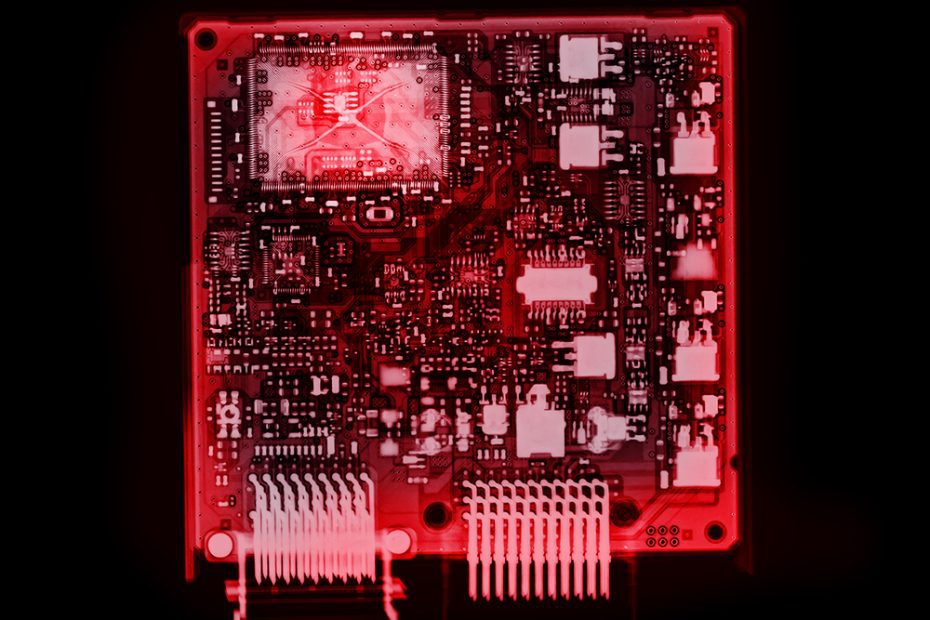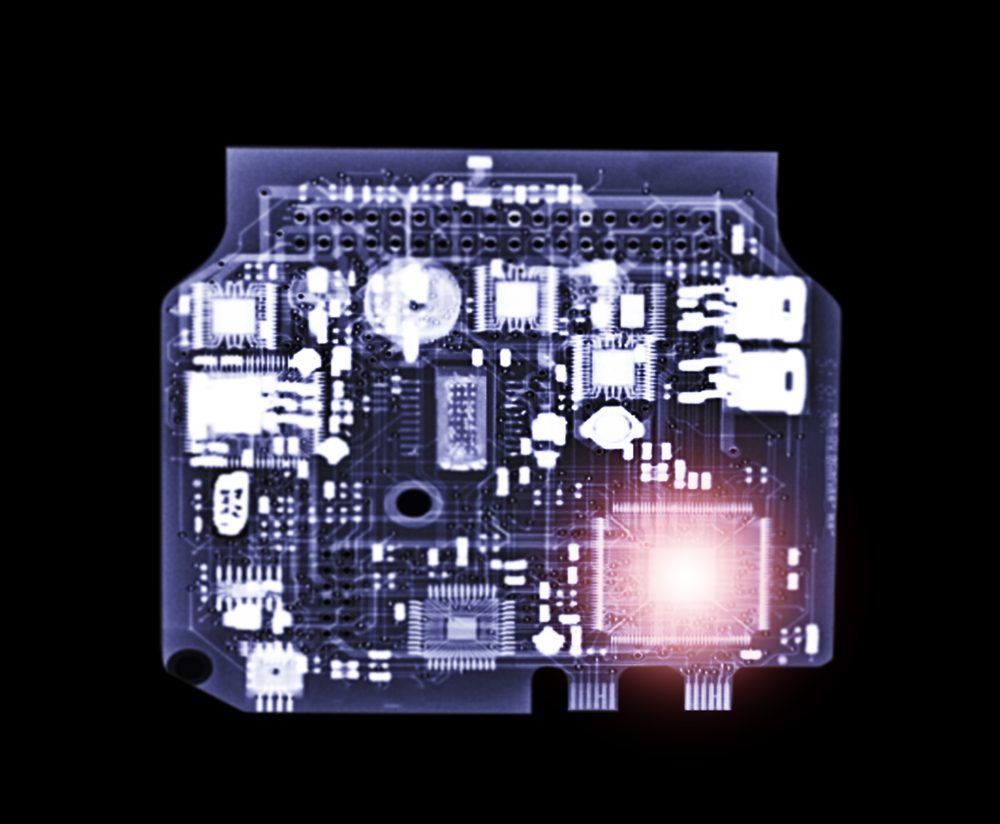What does ECU coding mean?
ECU coding, also known as electronic control unit coding, refers to the process of programming or updating the software that controls various functions of a vehicle’s engine or other components. The Electronic Control Unit (ECU) is a crucial part of modern vehicles, as it manages and regulates different systems, including fuel injection, ignition, transmission, and more.
Understanding the role of ECU coding
The ECU acts as the brain of a vehicle, constantly receiving data from sensors and making real-time adjustments to ensure optimal performance, fuel efficiency, and emissions control. ECU coding allows manufacturers, mechanics, or car owners to update the software inside the ECU, enabling them to customize certain parameters or fix issues related to engine management and other systems.
ECU coding can involve various tasks, such as:
- Programming new or replacement ECUs
- Updating existing ECU software
- Adjusting specific settings or parameters
- Diagnosing and troubleshooting faults
The importance of ECU coding
ECU coding plays a crucial role in modern vehicle maintenance and repair. Here are some key reasons why it is important:
- Performance optimization: By adjusting the software inside the ECU, it is possible to optimize engine performance, power delivery, throttle response, and even fuel consumption. This is particularly useful for car enthusiasts who want to enhance their vehicle’s capabilities.
- Troubleshooting and diagnostics: ECU coding allows mechanics and technicians to diagnose and troubleshoot various issues by accessing the fault codes stored within the ECU. This helps in identifying the root cause of problems and enables effective repairs.
- Software updates: Just like any other digital device, ECUs require periodic software updates to ensure they are running at their best. These updates may include bug fixes, performance improvements, or even enhanced functionality.
“ECU coding is a powerful tool that empowers both professionals and car owners to unlock the full potential of their vehicles, improve performance, and resolve issues effectively.” – Automotive Expert
The process of ECU coding
ECU coding typically involves connecting a specialized diagnostic tool or programming equipment to the vehicle’s OBD-II port. This allows access to the ECU’s software and parameters, enabling modifications and updates as required. The process may vary depending on the manufacturer, vehicle model, and the specific purpose of the coding.
During ECU coding, the technician or user can modify various settings or parameters. Examples of commonly adjusted parameters include fuel maps, air-to-fuel ratios, ignition timing, idle speed control, and emission control systems. It is important to note that ECU coding should be performed by experienced individuals with the necessary knowledge and tools to avoid any unintended consequences.
The benefits and limitations of ECU coding
ECU coding offers several benefits, including:
- Improved performance
- Better fuel efficiency
- Enhanced diagnostics and troubleshooting
- Customization options
However, there are also limitations to keep in mind:
- Compatibility issues with hardware or software
- Potential warranty concerns
- Risk of improper coding leading to malfunctions
It is crucial to consult with professionals or refer to the vehicle manufacturer’s guidelines before performing any ECU coding. This ensures that the process is done correctly and does not void the vehicle’s warranty or cause any unintended consequences.
In summary, ECU coding is a powerful tool that allows for customization, performance optimization, and effective troubleshooting in modern vehicles. While it offers numerous benefits, it requires careful consideration and expertise to avoid potential pitfalls. Whether you are a car enthusiast or a professional mechanic, understanding ECU coding can help you make informed decisions regarding your vehicle’s software and performance.
What can ECU coding do?
ECU coding, also known as electronic control unit coding, is a crucial process in modern vehicle technology. It involves the customization and reprogramming of the ECU, which is responsible for controlling various components of a vehicle’s engine.
Improved Performance
One of the key benefits of ECU coding is the ability to enhance the performance of a vehicle. By reprogramming the ECU, it is possible to adjust the engine’s parameters such as fuel injection timing, air-fuel ratio, and turbocharger boost pressure. This can result in increased horsepower and torque, leading to improved acceleration and overall performance.
Fuel Efficiency
With ECU coding, it is also possible to optimize the fuel efficiency of a vehicle. By fine-tuning the engine’s parameters, such as ignition timing and throttle response, the ECU can be programmed to deliver the right amount of fuel for various driving conditions. This can help reduce fuel consumption and save money at the pump.
Diagnostic Capabilities
Another advantage of ECU coding is its diagnostic capabilities. Through the use of specialized software, mechanics can access the ECU’s stored data, including fault codes and sensor readings. This allows them to quickly identify and troubleshoot any issues with the vehicle’s engine or other related systems.
Customization Options
ECU coding also offers a range of customization options for car enthusiasts. By reprogramming the ECU, it is possible to adjust settings for features such as launch control, rev limiters, and even exhaust systems. This allows owners to tailor their vehicle’s performance and characteristics to their preferences.
Compatibility and Updates
ECU coding is not limited to performance enhancements and customization. It also plays a crucial role in ensuring compatibility and facilitating software updates. As vehicle technology evolves, manufacturers release software updates that address bugs, improve performance, and introduce new features. ECU coding allows these updates to be applied to the vehicle’s ECU, keeping it up-to-date and functioning optimally.
ECU coding offers a range of benefits, from improved performance and fuel efficiency to diagnostic capabilities and customization options. It is a powerful tool that allows vehicle owners and mechanics to unlock the full potential of modern engine technology.



